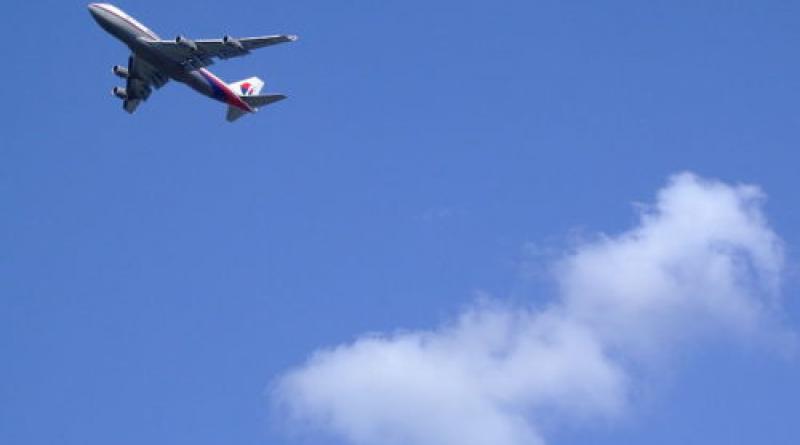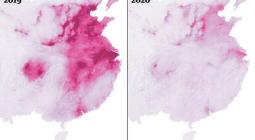Some new habits may continue as coronovirus drives 38% drop in airline emission.

Airlines’ greenhouse gas emissions are set to fall 38% this year as the coronavirus pandemic drives down travel demand, and the Australia Institute says some of the reductions may be permanent as businesses reassess their need for travel.
Commercial aviation currently accounts for about 2% of global emissions, according to the International Air Transport Association (IATA). It’s also one of the fastest-growing sources, and one of the industries that have been most resistant to getting in line with the carbon reduction targets in the 2015 Paris Agreement.
But all of that might be changing, Bloomberg reports. “Businesses barred from flying have turned to online alternatives to face-to-face meetings including, Zoom Video Communications,” the news agency says. “The teleconferencing company has recorded more active users in the first two months of 2020 than in all of 2019.”
“The question remains as to whether COVID-19 pandemic will permanently change our flying habits,” said Richie Merzian, the Australia Institute’s climate and energy program director. “If we can work well together online now, perhaps it will permanently reduce the need for business travel.”
While air traffic “bounced back within months” after Severe Acute Respiratory Syndrome (SARS) made its appearance in 2003, “that outbreak didn’t have the global reach nor impact of the coronavirus,” Bloomberg notes. In Australia, air carriers’ decisions to shut down international routes and scale back domestic service “will see the country’s demand for aviation fuel drop by as much as 90% as long as the crisis persists,” according to Sydney-based fuel marketer Caltex Australia, and by more than half for the year, according to the Institute report.
6 April 2020
The Energy Mix





